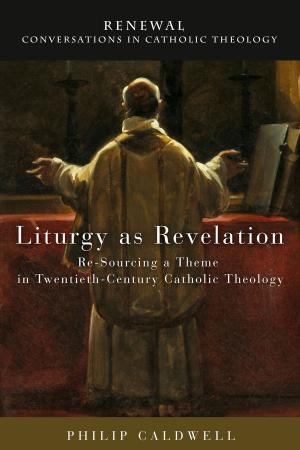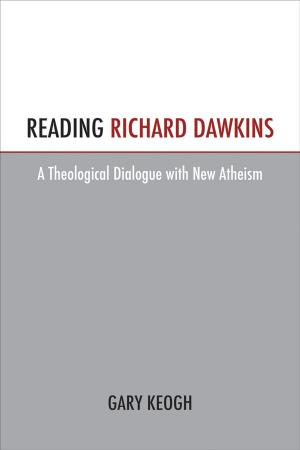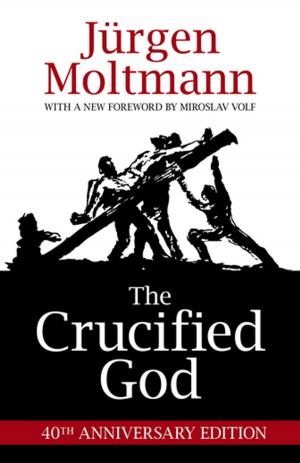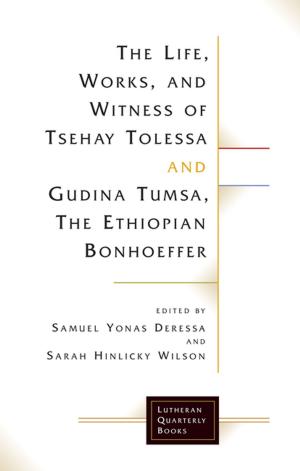Saving Images
The Presence of the Bible in Christian Liturgy
Nonfiction, Religion & Spirituality, Reference, Ritual & Practices, Bible & Bible Studies, Christianity| Author: | Gordon W. Lathrop | ISBN: | 9781506406343 |
| Publisher: | Fortress Press | Publication: | November 15, 2017 |
| Imprint: | Fortress Press | Language: | English |
| Author: | Gordon W. Lathrop |
| ISBN: | 9781506406343 |
| Publisher: | Fortress Press |
| Publication: | November 15, 2017 |
| Imprint: | Fortress Press |
| Language: | English |
The Protestant Reformation emphasized the centrality of scripture to Christian life; the twentieth-century liturgical movement emphasized the Bible‘s place at the heart of liturgy. But we have not yet explored the place of the Bible as the subject of critical exegesis in contemporary liturgy, argues Gordon W. Lathrop. He seeks to remedy that lack because it is critical historical scholarship that has shown us the grounding of the text in the life of the assembly and the role of intertextuality in its creation. "Saving" and revitalizing images of the past are at the heart of scripture and are the work of the gathered community. Lathrop finds patterns in biblical narratives that suggest revising our models of the "shape" of liturgy (Dix and Schmemann) and our understanding of baptism, preaching, Eucharist, and congregational prayer. He lifts up the visual imagery at the Dura Europos house church and elsewhere as a corrective to the supersessionist impulse in much Christian typology. He identifies the liturgical imperative as seriousness about the present rather than an effort to dwell in an imagined past. Saving Images is a call for a new, reconceived biblical-liturgical movement that takes seriously both biblical scholarship and the mystery at the heart of worship.
The Protestant Reformation emphasized the centrality of scripture to Christian life; the twentieth-century liturgical movement emphasized the Bible‘s place at the heart of liturgy. But we have not yet explored the place of the Bible as the subject of critical exegesis in contemporary liturgy, argues Gordon W. Lathrop. He seeks to remedy that lack because it is critical historical scholarship that has shown us the grounding of the text in the life of the assembly and the role of intertextuality in its creation. "Saving" and revitalizing images of the past are at the heart of scripture and are the work of the gathered community. Lathrop finds patterns in biblical narratives that suggest revising our models of the "shape" of liturgy (Dix and Schmemann) and our understanding of baptism, preaching, Eucharist, and congregational prayer. He lifts up the visual imagery at the Dura Europos house church and elsewhere as a corrective to the supersessionist impulse in much Christian typology. He identifies the liturgical imperative as seriousness about the present rather than an effort to dwell in an imagined past. Saving Images is a call for a new, reconceived biblical-liturgical movement that takes seriously both biblical scholarship and the mystery at the heart of worship.















